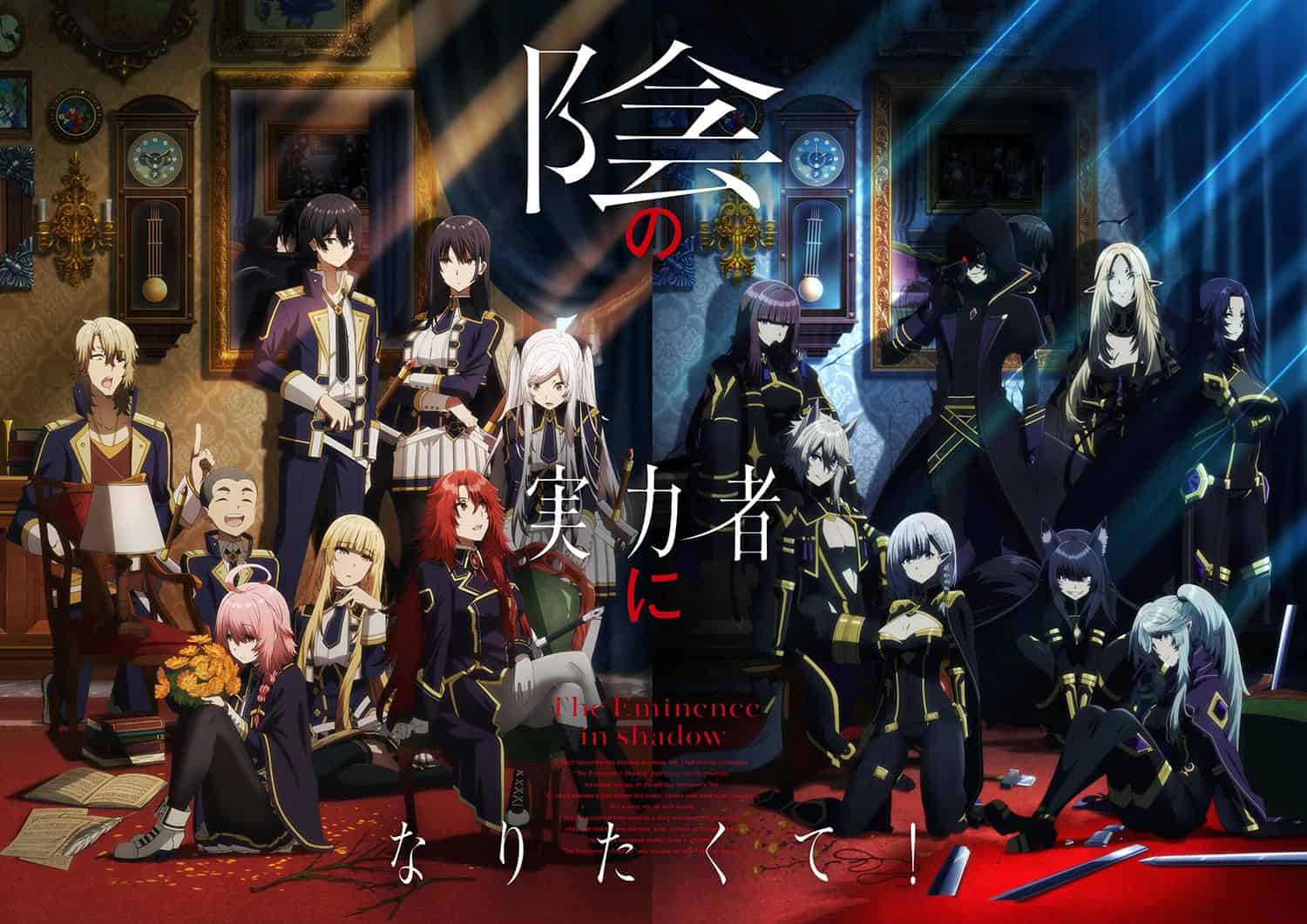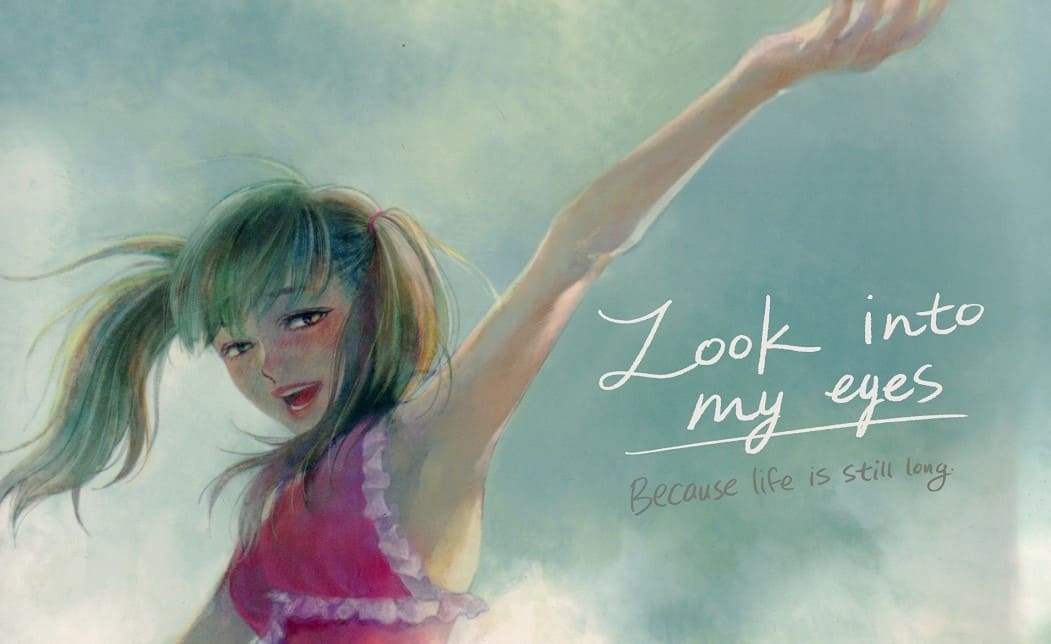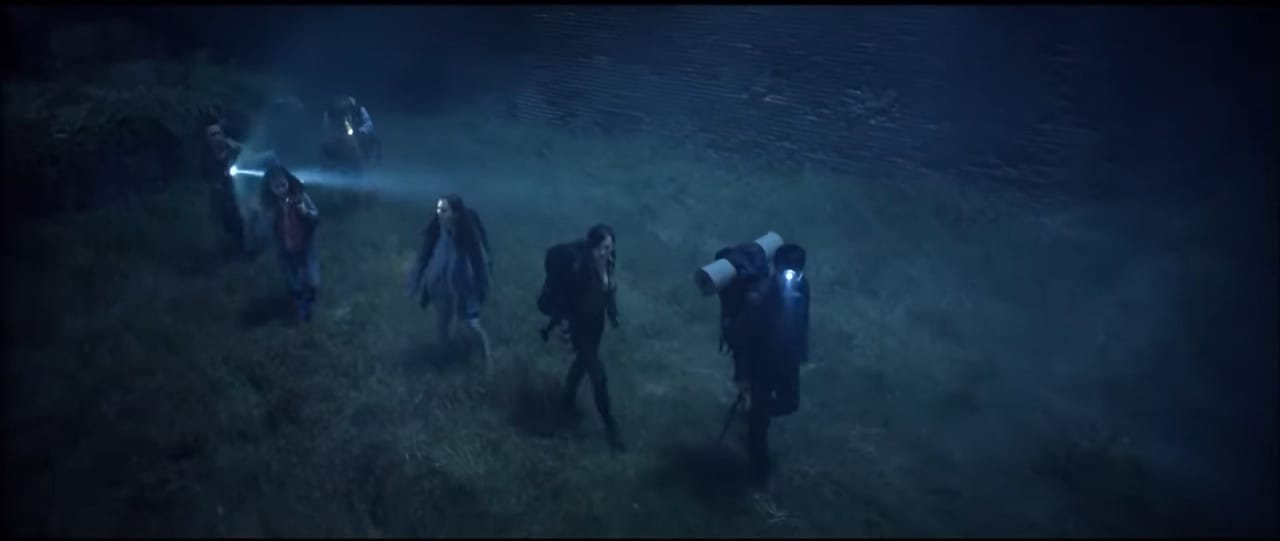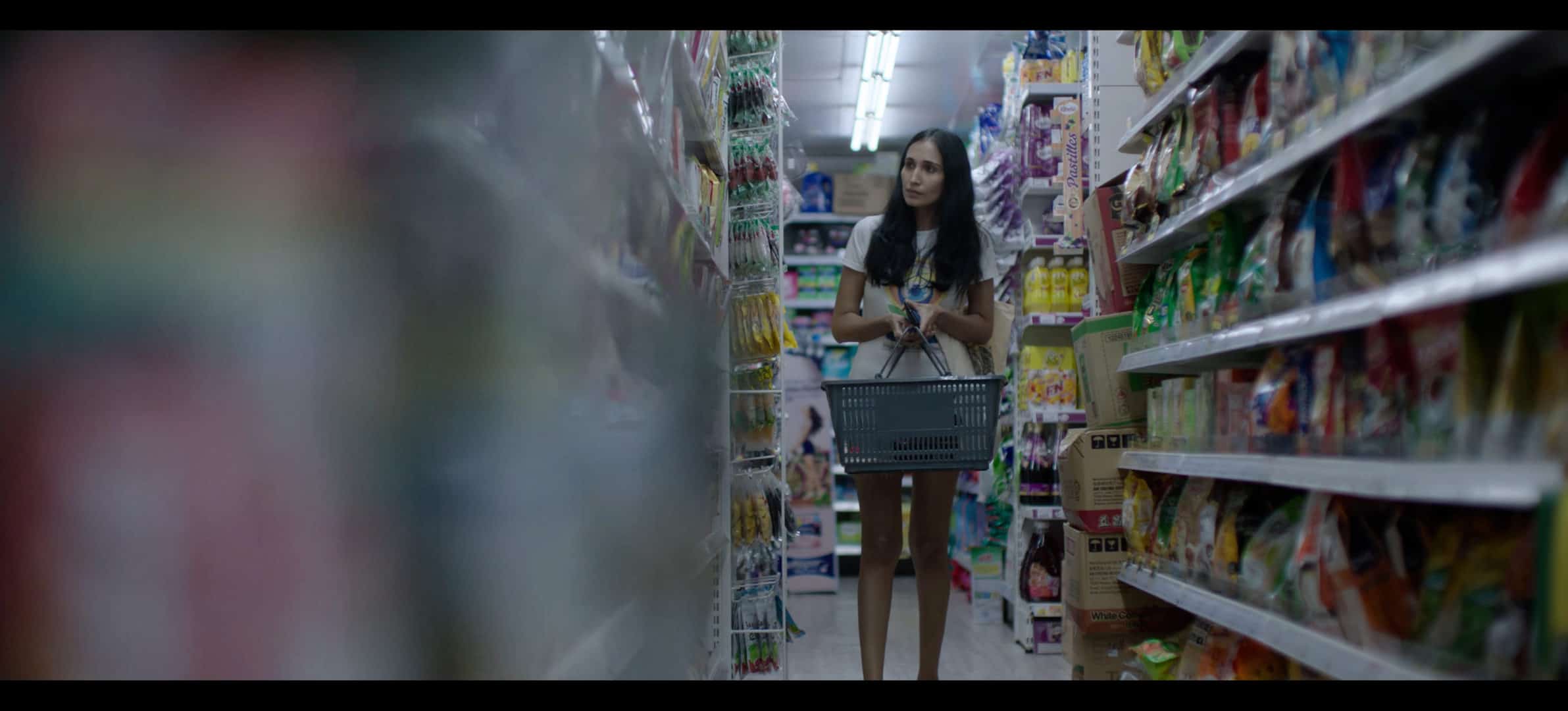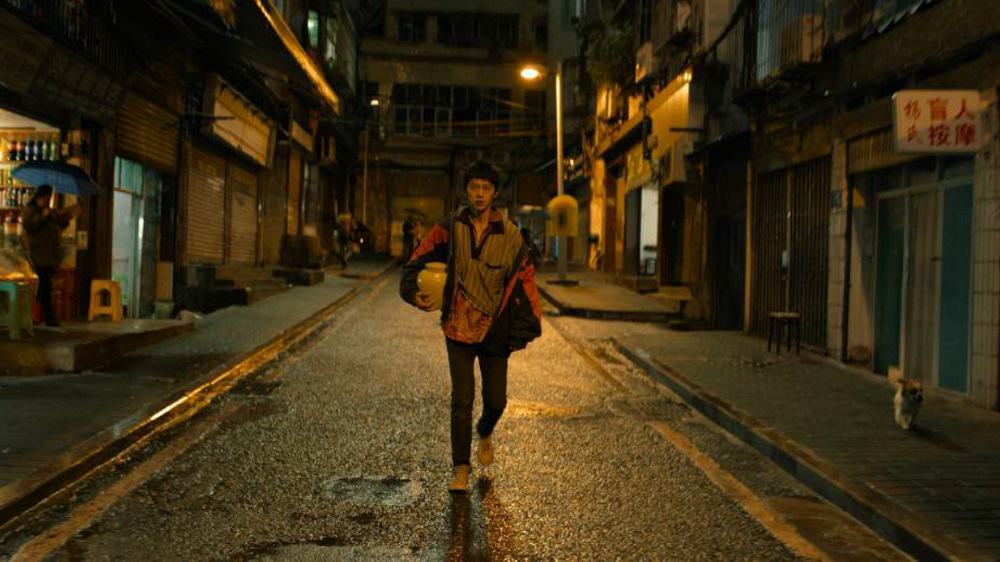It is often through specific places and memories that we try and re-connect with our past, a chance encounter or perhaps a missed opportunity, However, as these concepts change, we are often left disappointed when comparing what we associate with the place to the way it is in reality, and how it has been shaped by time and people over the years. This is one of the themes which is at the core of Korean director Hong Sang-soo's feature “Hill of Freedom”, which premiered during the 71st Venice Film Festival and also won Best Film at the 34th Korean Association of Film Critics Award. Combining his sense of place and realism, which is a common feature in his body of work, Hong Sang-soo tells a story about a man who is trying to re-connect with a past love in a place that was once very special to both of them, and attempts to communicate with her through messages he is unsure will ever reach her.
“Hill of Freedom” is streaming on MUBI
In order to search for his past lover, language teacher Mori (Ryo Kase) travels to South Korea in the hope of finding her and perhaps re-ignite the relationship they once had. However, as he arrives in Seoul, he soon finds out that Kwon (Seo Young-hwa) is not there and has been absent from work a long time, leaving him to wander the streets of the neighborhood and visiting the places where they first met or which were very dear to them, such as a café named Jiyuaoka, which means “Hill of Freedom”. As time goes by, he eventually makes some friends at the hostel where he is staying, accompanying the nephew of the owner on his evening pub crawls and having dinner with him.
Since he also becomes something of a regular costumer at the café, he also befriends its owner, a young woman named Young-sun (Moon So-ri). Especially after having rescued her dog, the relationship to her becomes more serious, with the two having sex and telling each other about their past lovers. As confident Young-sun likes him but will probably never abandon her abusive boyfriend, Mori feels disappointed about his plan to meet his old lover again, and eventually decides to leave again for Japan.
Based on the given summary, you might expect a rather linear narrative, but “Hill of Freedom” follows a free rhythm, similar to jazz music, highlighting the various encounters Mori has, while Kwon, after having returned from the mountains, reads his accounts of the days in Seoul. Time, as Mori explains, referring to the book he is reading, is an ambivalent concept, which changes dependent on memory, but also other features, such as the places you visit, the people you meet and how happy you are in a particular moment. In the case of “Hill of Freedom”, this understanding is very much dependent on the idea of place, considering the story puts much emphasis on the geography of Bukchon, an area near the city center of Seoul where the protagonist tries to re-connect with his past lover by following her footsteps so to speak. While the strong sense of place adds to the realism of the feature, it also shows the poetry and romanticism of the story.
At the same time, the aforementioned aspect also stresses the feeling of being lost. The camera often finds Mori wandering seemingly aimlessly through the streets, sometimes supported by one of the friends he has made since he drunk too much that night, which sheds some light into his emotional state which becomes worse and worse as the story progresses and his attempts of finding Kwon prove fruitless. Consequently, the narrative mirrors the idea of aimlessness, with many encounters seemingly taking place by chance, with some lines seemingly improvised or their delivery being (deliberately?) amateurish. Similar to his letters, a means of communication directed at someone he does not know for sure will ever read what he has to say, Mori also has become seemingly without purpose.
In conclusion, “Hill of Freedom” is a melancholic and at times quite poetic movie about the search for a lost love. Due to its sense of place and its narrative structure, Hong Sang-soo manages to create a feature which might need some time getting used to, but then delivers a romantic, and unexpectedly quirky story.




